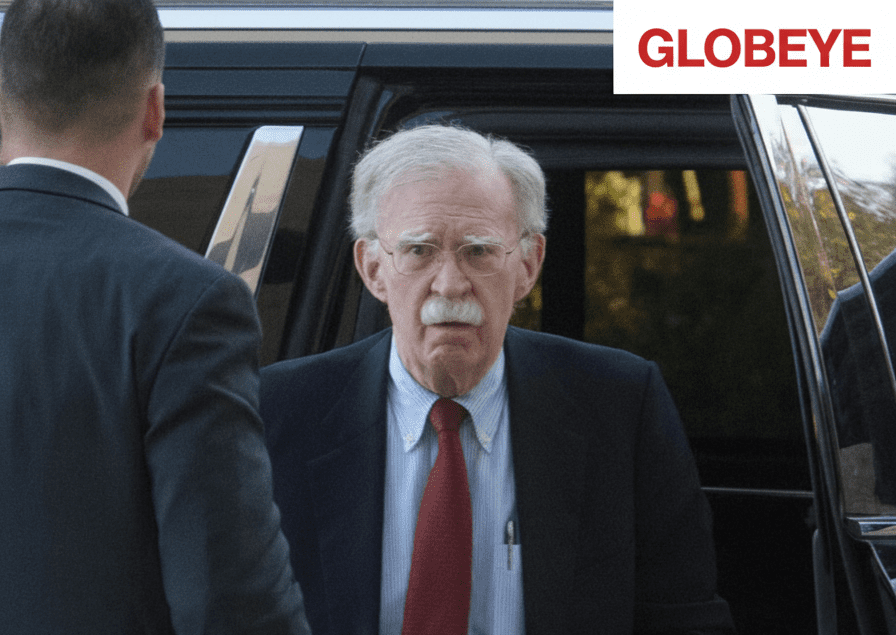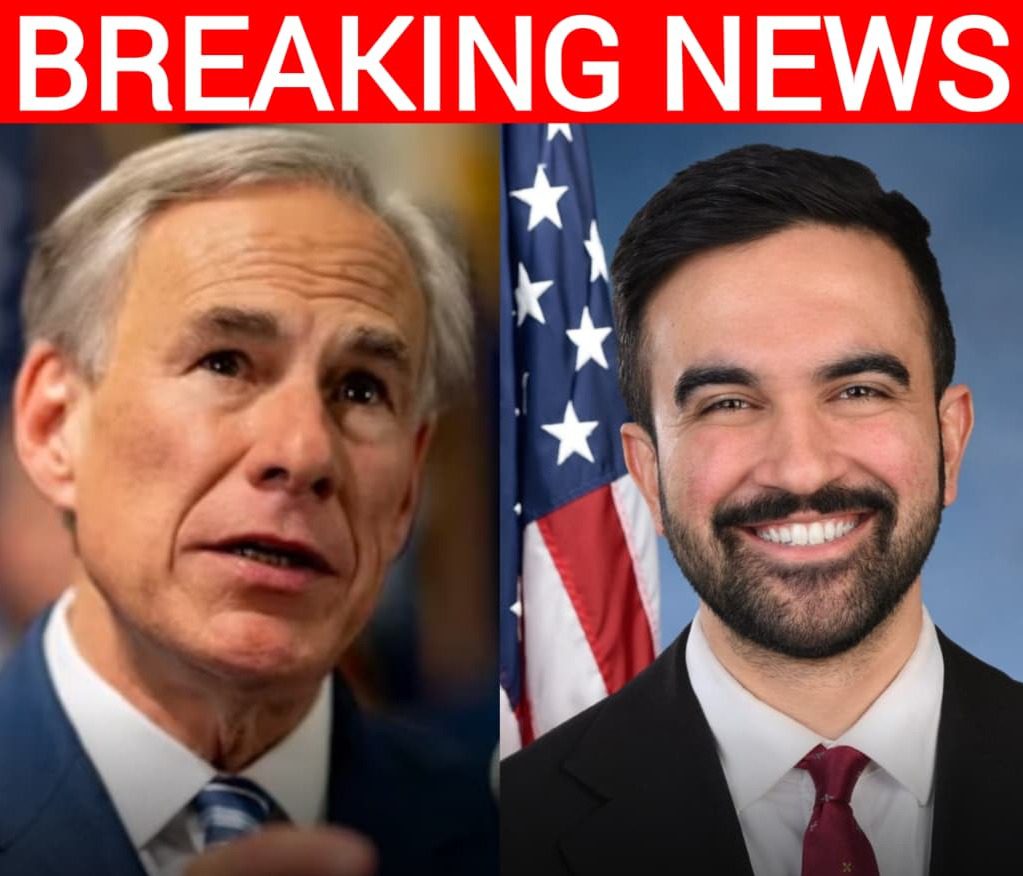Former Trump Adviser John Bolton Surrenders to Authorities After Explosive Indictment for Mishandling Classified Information — Washington in Shock as Espionage Case Unfolds
John Bolton walked into the courthouse in Greenbelt, Maryland, on a crisp October morning, his face a mask of steely resolve. Surrounded by U.S. Marshals, he surrendered on federal charges accusing him of mishandling America’s secrets—an extraordinary moment that pulses with tension, history, and political reverberations across Washington and beyond.
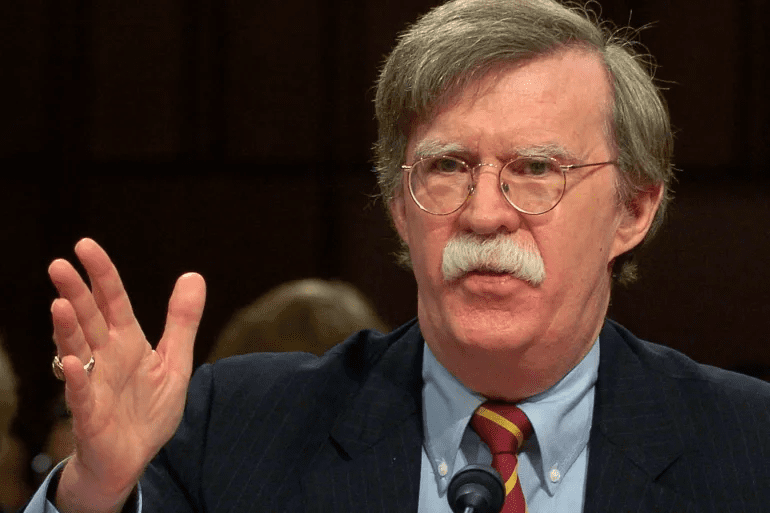
It was October 17, 2025, and the former national security adviser to Donald Trump—once a trusted member of the Republican foreign policy elite and later one of Trump’s harshest critics—was now standing in the crosshairs of the Justice Department. A grand jury in Maryland has charged Bolton with 18 counts under the Espionage Act: eight for unlawfully transmitting national defense information and ten for unlawfully retaining it. Investigators say that while serving as national security adviser from 2018 to 2019, Bolton composed “diary-style” notes—over a thousand pages—some marked at the highest levels of secrecy, and sent them via personal email and messaging accounts to two relatives who lacked clearance.
As he stepped through courthouse doors, Bolton did not speak. His attorneys will enter formal pleas. But the indictment is clear: officials allege that some of the notes he shared included intelligence on covert operations, foreign adversaries, and sensitive U.S. military planning. The government also claims that a personal email account he used was later compromised, allegedly by operatives with ties to Iran, creating the risk that top secret information found its way into enemy hands.
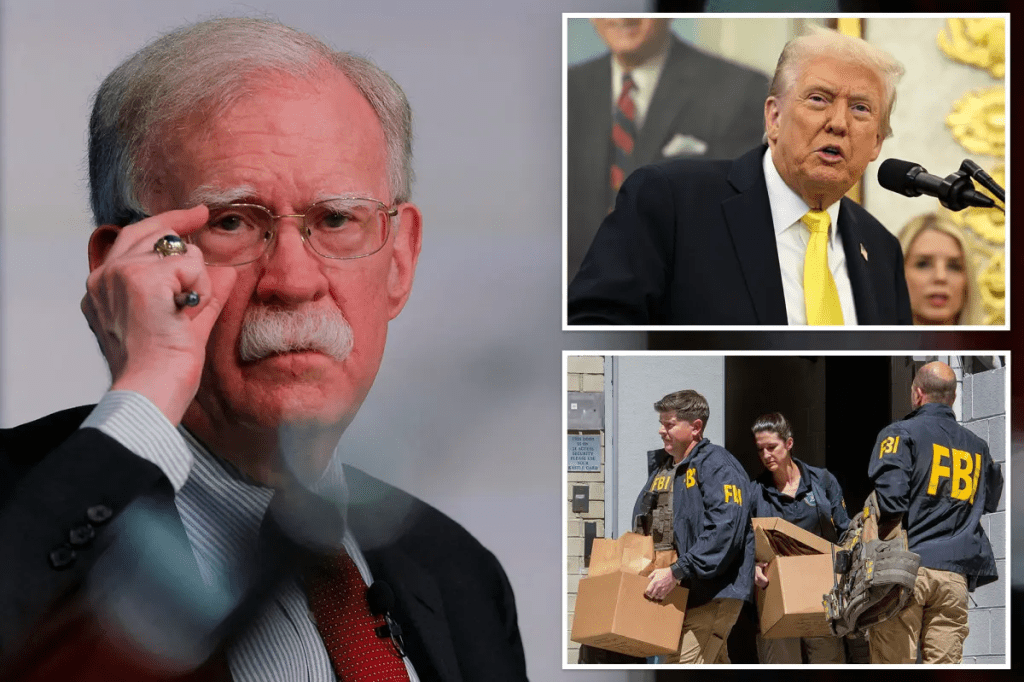
Bolton has publicly denied wrongdoing. His legal team argues that the disputed material was never properly classified—or was declassified before sharing—and that the charges are politically motivated, a tool of retribution by a president he once served. In a statement, Bolton said he looked forward to defending “my lawful conduct and to exposing [Trump’s] abuse of power.” But the Justice Department insists their case rests on concrete, classified evidence.
This is the third high-profile indictment in recent weeks against critics of President Trump. In parallel cases, the Department of Justice has brought charges against former FBI Director James Comey and New York Attorney General Letitia James—moves that have ignited fierce debate about whether the law is being deployed as a political weapon. Critics say the pattern reflects a broader “weaponization” of the Justice Department, a charge Trump’s allies have embraced. Supporters argue that no one should be above the law—even Washington insiders—and that the Espionage Act must be enforced evenly.

The case stretches back months. In August 2025, FBI agents executed court-approved raids on Bolton’s home in Bethesda, Maryland, and on his office in Washington, seizing documents, electronics, and files bearing the labels “Trump I-IV” and “statements and reflections to Allied Strikes.” That raid revived scrutiny of the procedures around Bolton’s publishing and public commentary following his departure from the White House. Indeed, the memoir he published in 2020 triggered prior legal battles over whether portions of it disclosed classified information, though the DOJ declined then to bring criminal charges.
The judge assigned to the case, U.S. District Judge Theodore D. Chuang, faces a high-stakes docket. Bolton’s defense may challenge the admissibility of evidence extracted during the raids, assert executive privilege, or argue that other parts of the government tacitly authorized some disclosures. The outcome may hinge on classified filings and ex parte proceedings beyond public view.
For observers across the political spectrum, the face-off between Bolton and the Justice Department is more than a legal battle. It touches the deeper fault lines of accountability, political power, and the limits of national security secrecy in a polarized America. Bolton’s former colleagues see him as a hawk who took few prisoners on foreign policy. His critics believe his indictment is overdue.
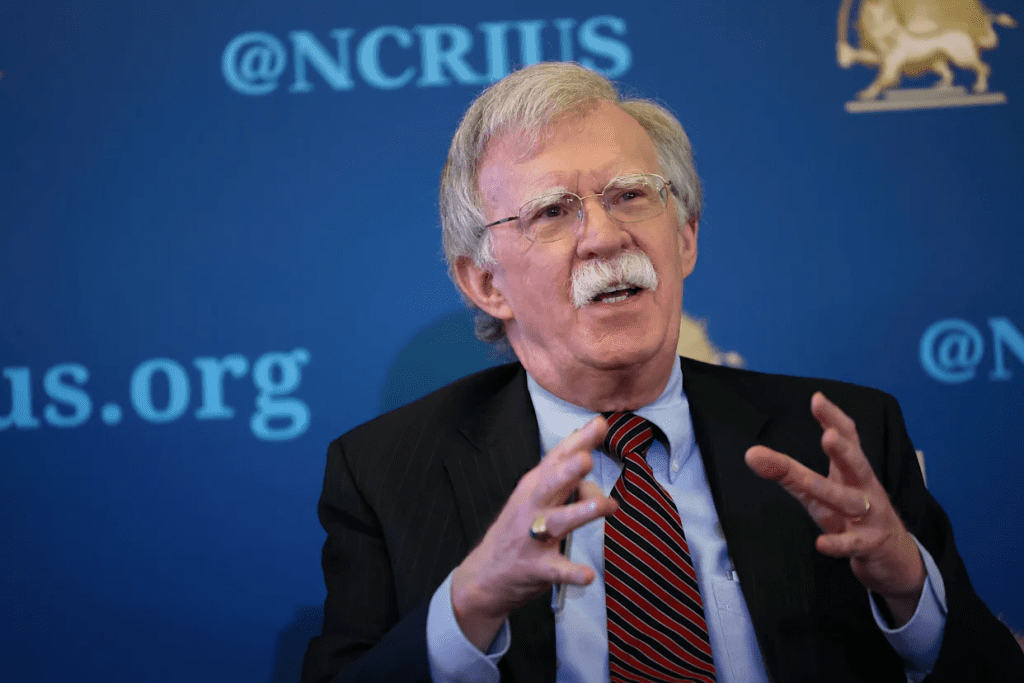
As he sits in a courtroom in Maryland, the fate of both a man and a precedent hang in the balance. If he is convicted, the implications could ripple into how current and future national security officials handle classified records, how far prosecutors can reach after officials leave office, and whether politics ever again overshadows the rule of law.
